Definitions are meant to provide clarity and promote a shared understanding. However, some individuals do not adhere to academic terminology and instead rely on general knowledge. When examining definitions on a global scale, it becomes apparent that there is a lack of distinction in the usage of various terminologies related to the world. This is particularly concerning when considering the educational context, which should establish a solid framework of reference. Therefore, my objective here is to organize and enhance our understanding of the world.
What are the different definitions of education and the world?

EDUCATION ABOUT THE WORLD CAN BE DIVIDED IN THE FOLLOWING SEVEN CATEGORIES:
1- Global Education, 2- International Education, 3- Cultural/Culture Education, 4- Global/International Development Education, 5- Global Poverty Education, 6- Global Volunteer Education, 7- Universal Education
Below is what I use as my preferred frame of reference as to how to learn, understand, and include the world as a learning canvas

1- Global Education
Global Education is learning about issues that encompass and concern the globe; the whole world.

2- International Education
International Education relates to the mobility of students and scholars, as well as the exchange of information and ideas.
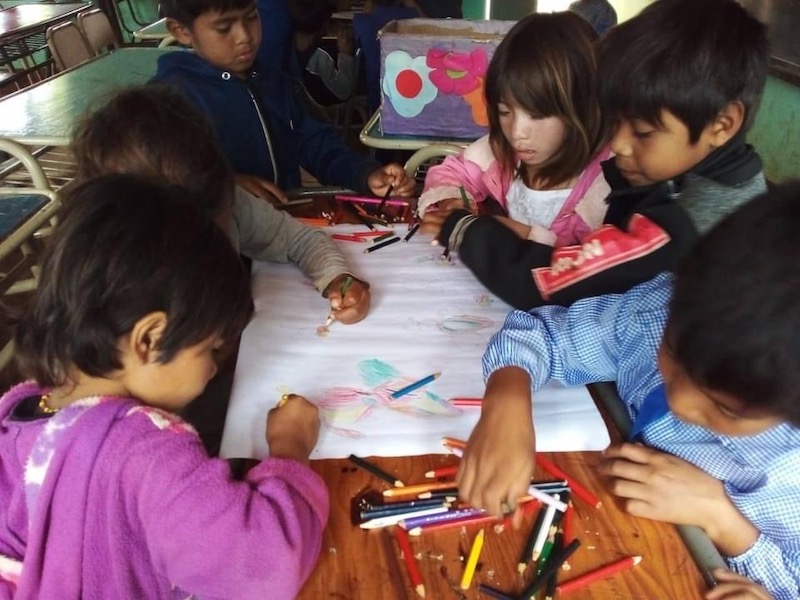
3- Cultural/Culture Education
CULTURAL EDUCATION is the teaching and learning about the culture of a particular group of people.

4- Global/International Development Education
International Development Education is a methodology in the field of international education that investigates and aims to solve issues – at all levels – of societies to work on improving people’s unequal conditions.

5- Global Poverty Education
Global Poverty Education is the study of how poverty impacts the quality of life and education. It examines the constraints faced by these populations in order to create opportunities for improving their conditions through access to education.
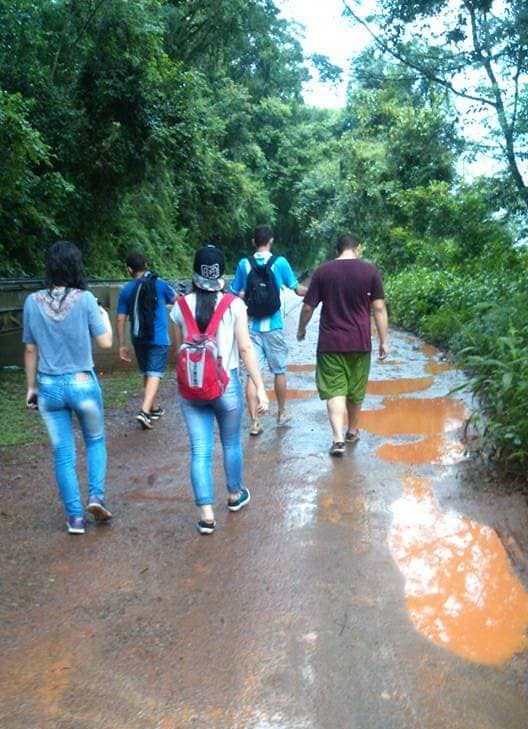
6- Global Volunteer Education
Global Volunteer Education refers to the process of learning and gaining knowledge through volunteering on an international scale.

7- Universal Education
The term “universal education” is used in the context of equal access to education, for everybody in the world, as people’s similar ability to have access to education
Each WOrld Education Definition Category is BRIEFLY explained below
1-Global Education

Global Education involves understanding and addressing worldwide issues that impact the entire planet. It is a term that is still underutilized but holds significant importance. This type of education can have both positive and negative effects on our world. It encompasses a holistic approach to learning that includes everyone.
Examples of global education topics include Global Warming, the COVID-19 Global Pandemic, and Habitat Destruction. An instance of global education would be a policy or initiative that aims to involve all individuals worldwide, such as UNESCO’s Education for All campaign, which advocates for equal access and quality education as a fundamental human right.
When incorporating a global perspective into your work or ideas with the goal of inclusivity for all, you are utilizing a GLOBAL framework.
2-International Education
International Education involves the exchange of knowledge and ideas between different nations, facilitating the mobility of students and scholars. This type of education encompasses various agreements and understandings that do not necessarily require physical presence in the connected nations. Examples include study abroad programs, scholarly collaborations, and learning from different educational systems around the world. Despite the misuse of the terminology, utilizing an international framework in your work or ideas signifies the establishment of connections and conclusions based on multiple nations.
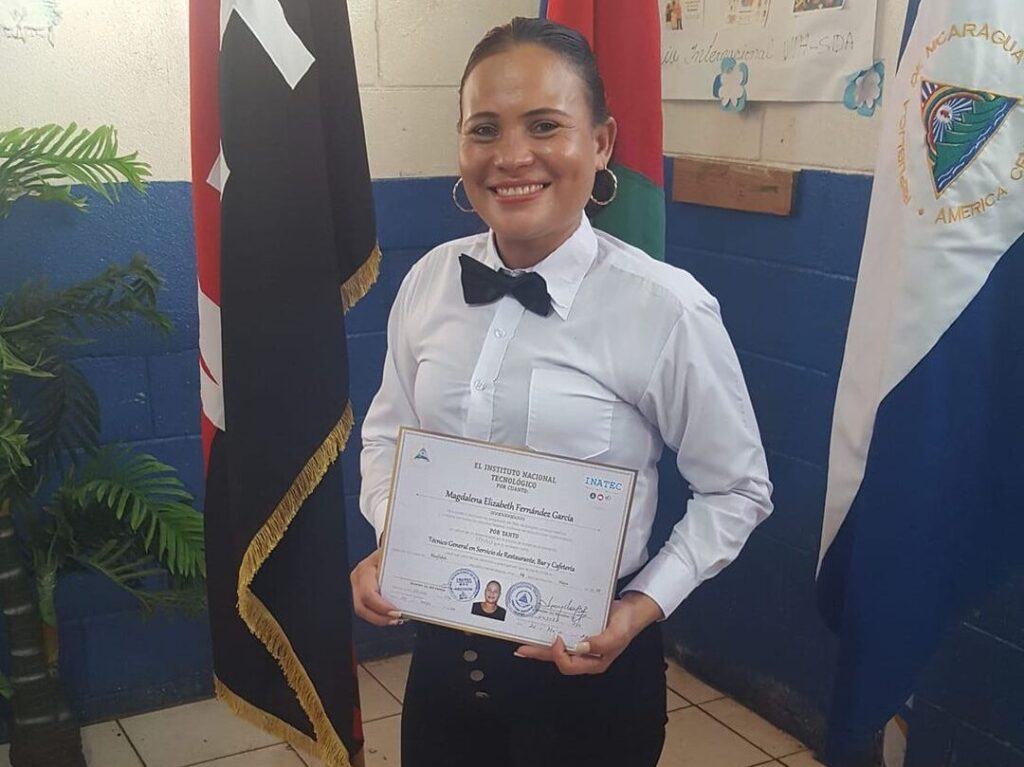

International Education is evolving; we still have a long way to go to make the concept equitable. The field has a robust, proven theoretical framework that has not been completely understood. The standards of International Education must be much higher. Let’s not forget that International Education is an area of education that has been a trend for a while and has grown very rapidly. Unfortunately, it is a field partly developed by some with insufficient expertise in the area. As a consequence, terminology and extrapolation from decontextualized areas have done more harm than good. Many jumped on the bandwagon that advertised schools, programs, and ideas where students could acquire international and cross-cultural skill sets that, in the end, they barely recognized.
International means what is between or related to more than one nation. International education then means knowledge that connects to one or more nations related to Education.
3-Cultural or Culture Education (also called Culture Education)

Native GUARANÍ MBYA children
Cultural Education is education about “a culture,“ a form of expression and a way of life of a group of people. Culture is the set of shared patterns of customs, arts, language, behavior, and a set of rules that define what is right and wrong. In today’s globalized world, cultural education has gained popularity in some schools worldwide as a means to explore and understand different cultures within a single society. For instance, students in a US classroom may delve into the vibrant Mexican music style and rich traditions, broadening their horizons and fostering cultural appreciation.
Terminology: CULTURAL EDUCATION is the teaching and learning about the culture of a particular group of people.
If you use a global perspective in your work or ideas where you aim to include everybody you are using a GLOBAL framework.
4- Global/International Development Education
Global Development Education, also known as International Development Education, seeks to enhance the well-being of individuals worldwide. This can be achieved by comprehending the various aspects of people’s lives, including their surroundings, financial capabilities, health status, societal position, political climate, natural surroundings, and most importantly, their cultural background. Armed with this profound understanding, we can collaborate with those in need to actively address and ameliorate existing disparities.
Here is my definition of global education:
International Development Education is a methodology in the field of international education that investigates and aims to solve issues – at all levels – of societies, working on improving people’s unequal conditions.


The word “development” means to progress, to improve. Development Education means improving the quality of life through education. Sometimes the word development has a bad rap because people confuse it with “underdeveloped countries” (an awful term that should have been abolished a while back). When some people hear the word “international development,” they think about children going hungry (in many cases, it’s true) having a negative connotation. However, the word “development” has a positive meaning because it aims to empower progress and improve a situation. Just as thinking about a “developed child” has a positive connotation like growth, the same goes for global development.
5-Global Poverty Education

This definition I have crafted has been instrumental in my efforts working with various communities.”Global Poverty Education involves exploring the impact of poverty on quality of life and education. “
It delves into the challenges faced by these marginalized populations in order to facilitate better access to education and enhance their overall well-being. Lack of access to education due to poverty stands out as the primary barrier preventing children from attending school.
Global poverty education encompasses a broad array of initiatives aimed at increasing awareness and understanding of poverty issues on a global scale. It involves educating individuals about the root causes of poverty, the impact it has on communities worldwide, and the strategies that can be implemented to alleviate poverty and promote sustainable development.
Enrolling children in schools not only equips them with knowledge to broaden their horizons, but also nurtures their ability to positively influence the development of their communities.
It is similar to development education in that it is aimed to improve situations, but it works more closely with the ones affected, and it can be serviced at all levels (meaning anyone can participate in improving the situation!).
6- Global Volunteer Education
Volunteer Education involves the teaching and learning of skills related to engaging in volunteer work on a global scale. This form of education encompasses various approaches, including Cultural Education and reflective methodologies, aimed at viewing the volunteer experience as a learning opportunity.
The term volunteering means that a person or group decides strictly voluntarily to benefit a cause of a group, a person, and or an organization. The activity has no monetary compensation, and it can be a one-time event or a long-term commitment.
GLOBAL VOLUNTEER EDUCATION is optional, by choice, to assist a need with no financial gain at an international level to gain specific learning outcomes.


7- Universal Education

The term “universal” is used in the context of equal access to education, for everybody in the world, as people’s similar ability to have access to education. Until we populate or we unite forces with extraterrestrial beings, Education for the Planet is a much more appropriate term.
The utilization of the phrase “universal education” appears rather peculiar and excessively ambitious, as we lack comprehensive knowledge of the entire universe to categorize education as universal. Instead, it would be more appropriate to reframe the objective as “global education.” By confining our efforts to the establishment of world education that is accessible and free for all individuals across the globe, we acknowledge the extensive journey that lies ahead before we can truly embrace the concept of universal education.
MORE ABOUT UNIVERSAL EDUCATION HERE!
Conceptual approach to learning about the world and education must be inclusive to all.
It is imperative to redefine the dominant conceptual approach and framework towards the global landscape. The education pertaining to the world has long been entrenched in notions and principles originating from a singular perspective and the same influential entities, consistently drawing from the same pool of knowledge from one side of the world.
By relinquishing the power to determine their own value, we have deprived nations and educators of the opportunity to realize their immense potential. It is high time for these individuals and countries to pause and embrace the wisdom and insights offered by other nations, who possess a wealth of knowledge and expertise but lack the means to showcase their vast knowledge base.

DEFINITIONS FOR THE WORD “Education” WITHIN WORLD’s CONTEXT MUST BE INCLUSIVE AND BASED ON KNOWLEDGE
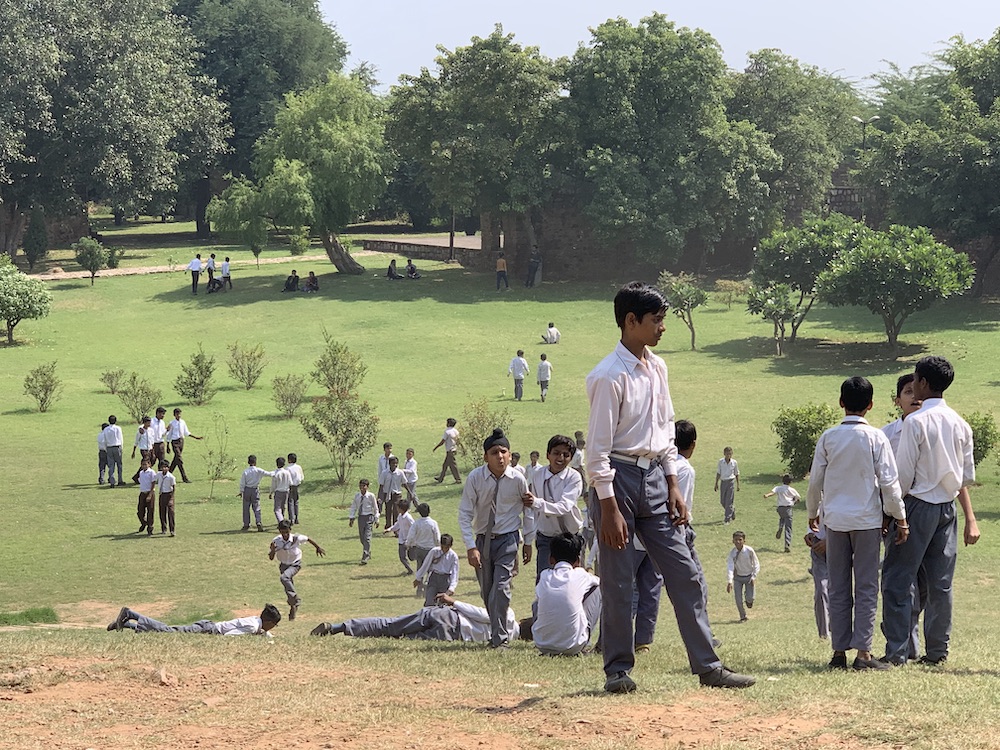
The Universal Declaration on Human Rights, adopted in 1948, proclaims in Article 26: “Everyone has the right to education.” Therefore International human rights law guarantees the right to education.
Learning is a human right and one that must be taken seriously, with the knowledge base granted by Education.
